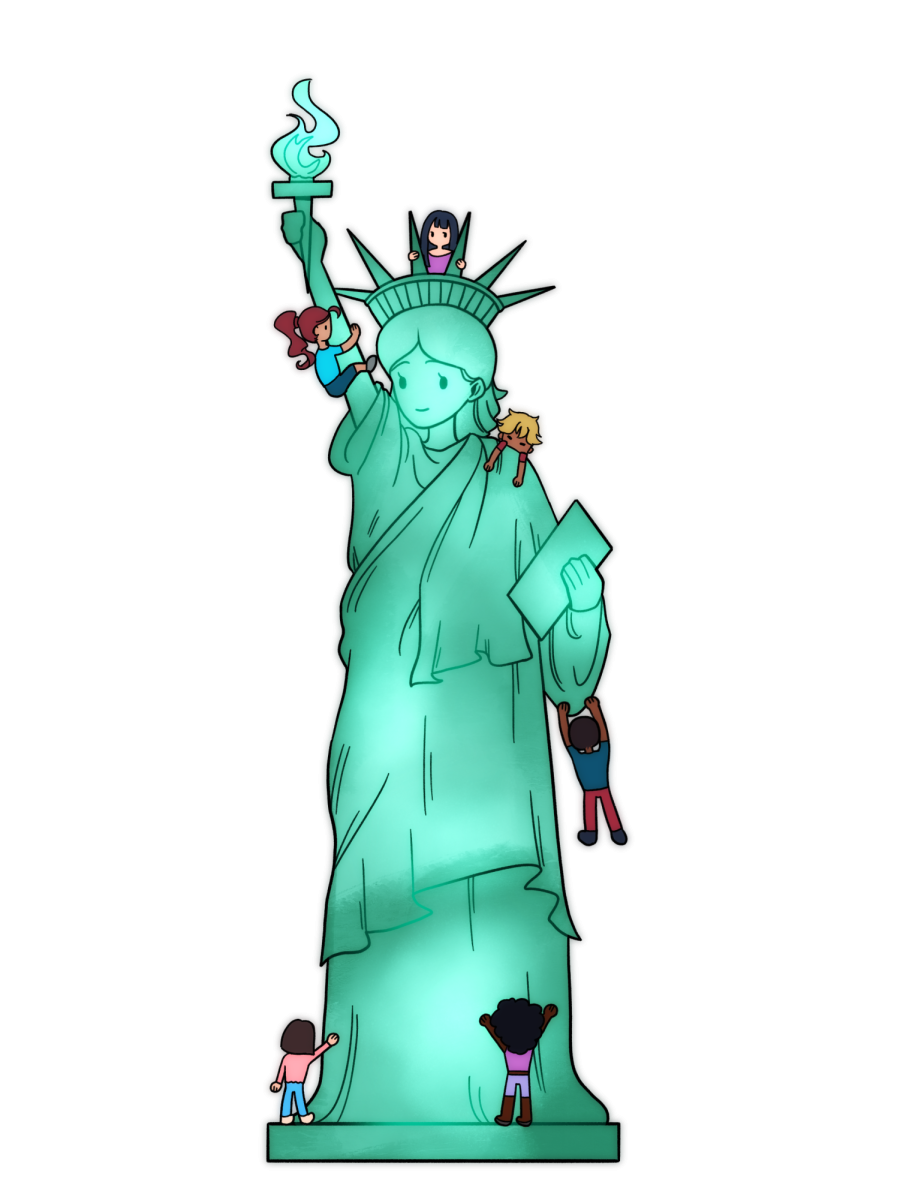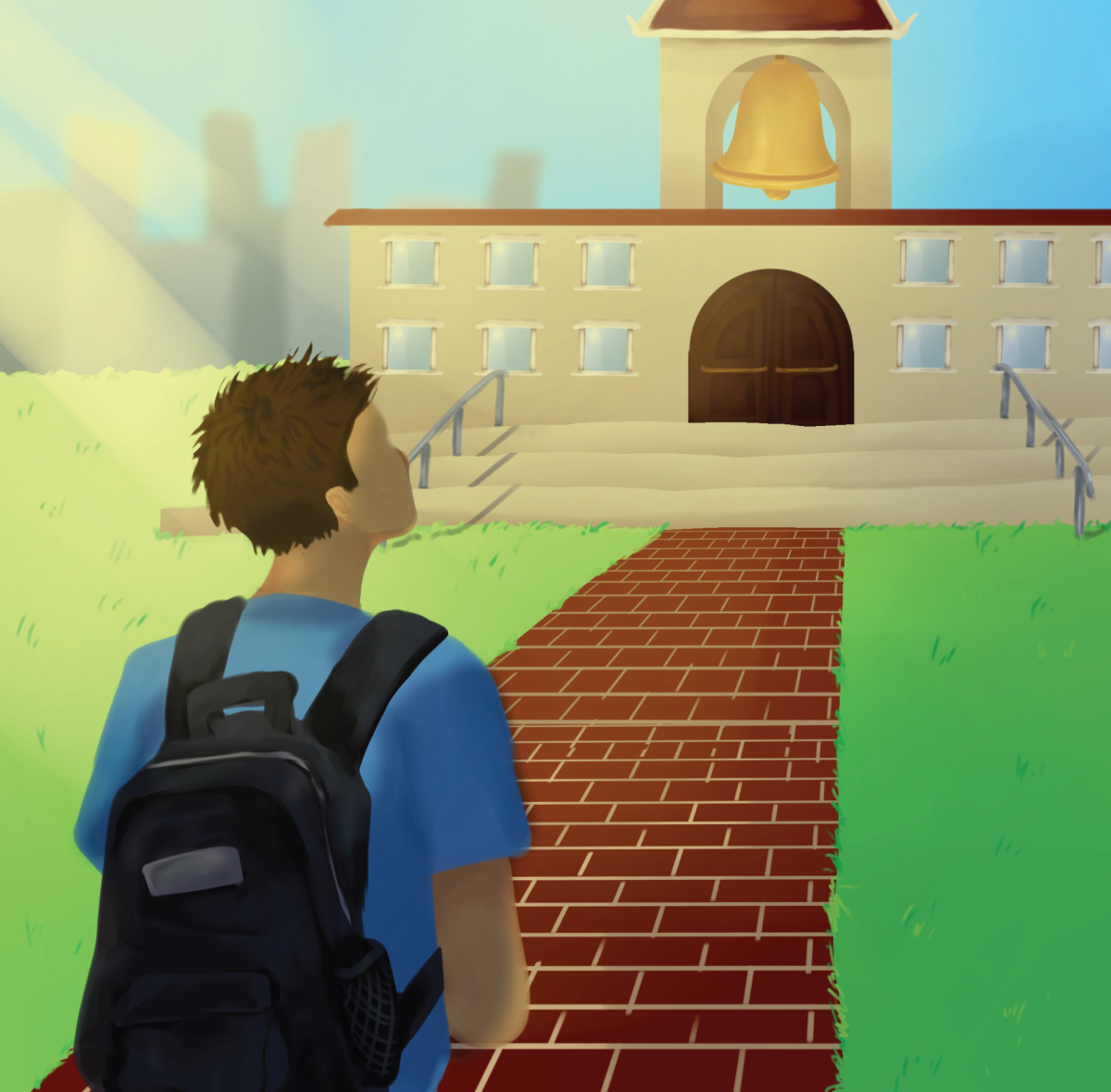What all began as typical flu-like symptoms soon turned into a defining episode in Alex Flatley’s life when a seemingly innocent headache and fever soon took a turn for the worse.
In May 2013, Flatley — who graduated from Palo Alto High School in 2011 — was getting ready to wrap up his sophomore year at the University of Arizona when a consistent headache, fever and nausea prompted a visit to the campus’ student health service. He managed to finish his last final exam, but as he returned home to Palo Alto, his symptoms worsened. When Flatley’s mother asked him if he wanted toast and he responded “What is toast?” she rushed him immediately to the Emergency Department at Stanford Hospital & Clinics.
“The morning my mother took me to the ER I was declining rapidly and was in a coma within two hours of arriving at the hospital,” Flatley said.
After multiple scans and a spinal tap, Flatley was diagnosed with viral meningitis, encephalitis and sepsis. Meningitis, which is the inflammation of the brain and spinal cord, can appear as a bacterial, fungal and viral infection. Encephalitis is the inflammation of the brain, usually as the result of an infection, and sepsis is inflammation throughout the body as a result of a negative response to antibiotics.
The doctors at Stanford Hospital gave Flatley a prognosis that predicted he would not be able to return to college for one to two years. When Flatley returned home, he was bedridden, could barely walk and was extremely nauseous. It took a month for him to be able to walk around the block near his house again.
Two months later, in July 2013, Flatley relapsed and suffered a seizure, falling into another coma. As he began to slowly recover, he was determined to come back strong from this setback. Against all odds, Flatley returned to the University of Arizona to begin his junior year in fall 2013. It was then that he decided to make it his mission to raise awareness of meningitis, a disease that he says put him on his deathbed.
With the help of his fraternity brothers in Delta Tau Delta, Flatley began Delt’s Lion Heart Challenge, whose mission is to “raise as much awareness as possible for meningitis.” The philanthropy got its namesake from Flatley’s father, who, before he passed in 2010, told his son he had “the heart of a lion.” Flatley created a Facebook page — which has over 2,500 “likes” — and uploaded a video to YouTube in order to explain his story and promote the work he is doing.
“They have played a giant role in this whole campaign,” Flatley said about his fraternity’s involvement. “They have helped me spread this message to all of their friends at other colleges and have helped me spread this through social media. They helped me produce my video, set up my philanthropy and helped me get everything organized. They have had my back throughout this whole journey.”
Flatley spent a month designing a t-shirt to raise awareness and ended up selling 178 shirts through Fundly, a crowdfunding platform.
“We had people in Ireland buy shirts, and we had Marines in Iraq buy shirts,” Flatley said. “The response[s] we received from them left me speechless.”
The account has raised just over $10,000 to date, with 100 percent of the proceeds going to the Meningitis Foundation of America, an organization of which he is a board member. On May 4, Flatley held a fundraising event at his school to educate students but also have a good time, as they competed in an obstacle course.
“[Delt’s Lion Heart Challenge] was our fraternity’s philanthropy, and throughout the whole time I was doing everything I could to raise awareness,” Flatley said. “I went around to different organizations at school and gave speeches of what happened to me and what to look out for.”
Flatley’s mission is personally meaningful, not just because of his own struggle with meningitis, but also of that of Emily Benatar, a friend in his graduating class who passed away from bacterial meningitis in May 2012 at the end of her freshman year at Washington University in St. Louis.
“I’ve known Emily since the sixth grade,” Flatley said. “We were both in Mr. McNulty’s Sports Lit class together senior year. She was truly one of the nicest people I ever knew, and I will never forget her smile, or her great laugh. It was a terrible moment finding out about her diagnosis, one I’ll never forget.”
Going forward, Flatley remains steadfast on his commitment to raise awareness about meningitis, specifically in regards to getting the Food and Drug Administration to approve Bexsero, a vaccination not protected by the , which was not protected by the meningococcal vaccine.
“The vaccine that is currently available here in the U.S is important because it protects from four of the five strains of meningitis, but we still urgently need the men-b vaccine approved,” Flatley said. “It is alarming how so little is being done with all of these outbreaks over the past couple of years. There needs to be awareness so this is on everyone’s mind and people know to get the vaccine.”
According to Flatley, the Bexsero vaccine is approved in Canada, Australia and Hong Kong, and was also used when Princeton University and the University of California, Santa Barbara had meningitis outbreaks of their own.
Flatley has been elected as philanthropy chair for his fraternity for the upcoming school year and plans to design a new t-shirt and continue to raise money for meningitis research, as well as continuing his role on the board of directors at the Meningitis Foundation of America.
“My goals are to help save at least one person from this horrible disease, raise awareness on signs and symptoms, and spread the word,” Flatley said, urging others to “please get vaccinated… it could save your life.”







